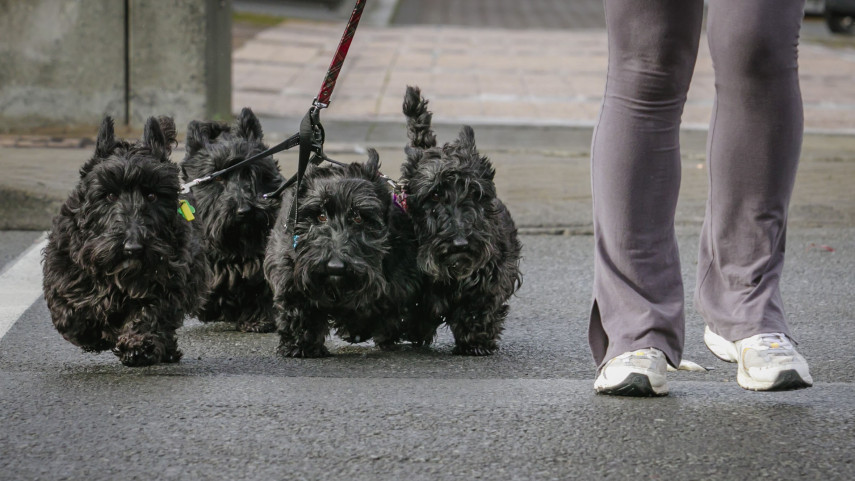
Three Christchurch bylaws up for review

Share this story
Christchurch City Council is reviewing three of its bylaws and wants public feedback on proposed changes. The three bylaws cover dog control, trade waste, and parks and reserves.
The Local Government Act requires councils to review bylaws at least every 10 years to keep them up to date and fit for purpose.
Dog Control Bylaw and Policy
Significant changes are proposed. Manager Animal Services Lionel Bridger says this is partly because Ōtautahi Christchurch has changed and partly because it has a high dog population.
“We’ve seen a shift towards better environmental protection as the city has been rebuilt post-quake,” Mr Bridger says. “There’s a huge community focus on native habitat regeneration.”
Mr Bridger says there are a lot more registered dogs in Ōtautahi Christchurch and Banks Peninsula than there were when the bylaw and policy were last reviewed.
“We have almost 45,000 registered dogs – around 5000 more than in 2016,” he says. “That’s one of the highest dog populations per capita in New Zealand, with one dog for every nine people.”
The proposed changes relate to how dogs are managed in sensitive and busy places, including around estuaries, rivers and wetlands, and on footpaths, shared paths and tracks.
While rules apply in some areas, dogs are allowed off-leash and under effective control in any area that is not specified in the dog control policy.
“We’re keen to make the term under effective control clearer. It’s the default rule, so all dog owners need to know what it means.”
He says more people are walking groups of dogs, so another proposed change would limit the number of dogs one person can manage at a time, with an exemption system to enable people with suitable experience to control a greater number of dogs.
“We want our rules to set a good balance that works for dog owners and for people who don’t have dogs, and that keeps everyone safe – people, dogs, wildlife and other animals,” Mr Bridger says.
A recent dog control survey on some of the topics proposed for change drew responses from over 6000 people and he hopes people will also get involved in the consultation process.
“Whether you own a dog, don’t own a dog, like dogs or don’t like dogs – we want to hear from you.”
Trade Waste Bylaw
Trade waste is commercial and industrial liquid waste disposed of through the Council’s wastewater network.
Head of Three Waters Gavin Hutchison says issues have emerged since the last review in 2015.
These issues include inorganic mineral solids, such as sand, silt and clay entering the wastewater network, and environmental and health risks from persistent organic pollutants (POPs) which can’t be removed once they enter the network.
“Inorganic mineral solids can block or damage the network, which can be an expensive problem to fix, so we want to set a lower maximum discharge limit for trade waste discharges containing only these types of solids,” Mr Hutchison says.
“POPs are highly resistant to degradation and stay in the environment for many years, so rather than have them enter the network, we propose prohibiting them from trade waste discharges.”
Other proposed changes aim to address issues around permitted consent duration, consent decision-making processes, dewatering, and tankered waste.
Parks and Reserves Bylaw
The Council manages and maintains almost 1300 parks and reserves covering over 10,000 hectares across Christchurch and Banks Peninsula. This includes the Christchurch Botanic Gardens, Hagley Park, heritage gardens, sports, neighbourhood and regional parks, and cemeteries.
The Parks and Reserves Bylaw sets out rules for the management and use of these public parks and reserves for the benefit and enjoyment of everyone, says Head of Parks Rupert Bool.
“The 2016 bylaw is working more or less as intended,” Mr Bool says. “Our proposed changes centre on making the bylaw more reader friendly and easier to understand. We want to improve consistency, amend some definitions, and give the wording a good tidy-up.”
Consultation
People can give feedback on the dog control and the parks and reserves bylaw reviews until 15 December 2024 and the trade waste bylaw review until 12 January 2025 at letstalk.ccc.govt.nz.
